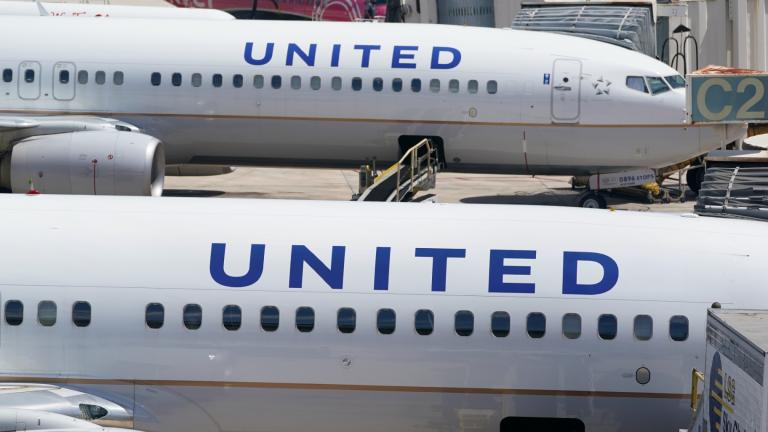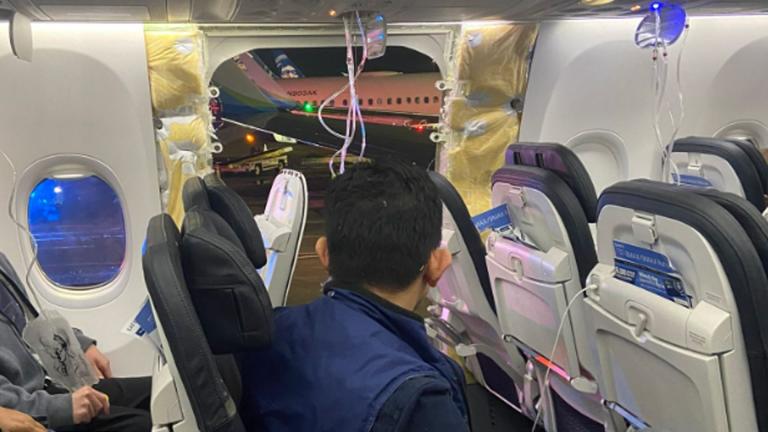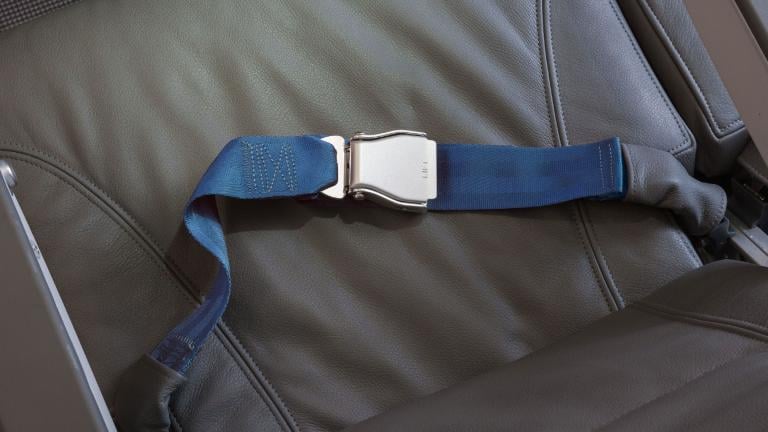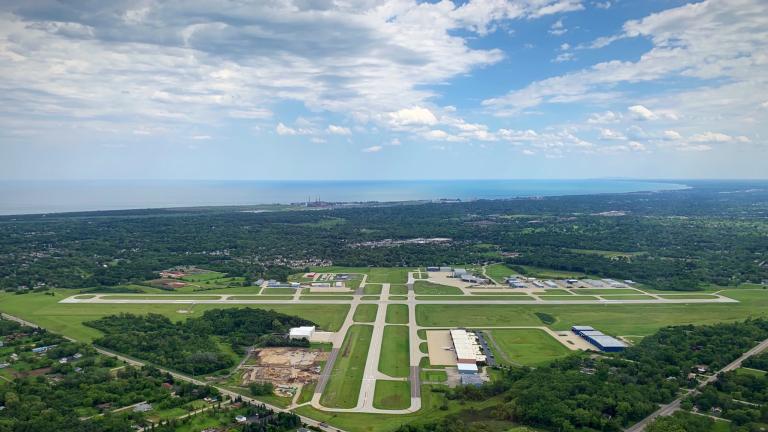Thousands of U.S. airline pilots may be unfit to fly.
Nearly 4,800 pilots — including some 600 licensed to fly passenger airliners — are being investigated by the Federal Aviation Authority for potentially concealing major health issues that could have them grounded.
According to a Washington Post report, the pilots are all military veterans and were identified when the FAA cross-checked pilot health information against a Veterans Affairs database of veterans collecting disability benefits.
The FAA has already ordered 60 pilots who “posed a clear danger to aviation safety” to stop flying immediately until their records are reviewed. The agency said it is notifying all veterans whose records may contain incorrect or false information in relation to VA disability benefits and related medical conditions.
In a statement, the FAA thanked veterans for their service and said, “We look forward to resolving this issue in a timely manner.”
“It’s not good news,” said Capt. Dennis Tajer, an American Airlines pilot and spokesman for the Allied Pilots Association, the union that represents American Airlines pilots.
“Obviously, for proper reasons, if you’re not fit to fly, you shouldn’t be in that flight deck, but the reality of this human condition is that human beings sometimes make the wrong choice,” said Tajer.
The current system of ensuring pilots are safe to fly relies heavily on pilots self-reporting any change in their health status. But Tajer said if a pilot does self-report a health issue that leads to them being grounded, it can take up to two years to get recertified to fly.
“Here’s the catch,’ said Tajer. “The FAA has not fully modernized for where medicine is — be it recovery from physical issues or mental issues – it is decades behind. On top of that, there are several thousand commercial pilots, pilots who can carry passengers, who have had medical issues or mental health issues who have been deemed good to go, ready to fly, by their FAA medical examiner and they are awaiting what is called special issuance. … Sounds like a process that might take a handful of weeks, right? Twelve to 18 months and sometimes up to two years just to get it processed.”
Tajer, a veteran of Operation Desert Storm, is also irritated that the FAA investigation only involves former military pilots.
“As a veteran, I respond to it, like, why are you chasing down these men and women who have been shot at and are dealing with that leftover,” said Tajer. “It’s a bit blood-pressure elevating to know that, hey, you served your country. That’s great. I get a peek into you that nobody else has. So guess what? I found something, now I’m coming after you. I speak as a vet in saying that’s wrong.”
Dr. Hassan Shahidi, president and CEO of the Flight Safety Foundation, a nonprofit that advocates globally on issues of air safety, said it is “absolutely important” that pilots report medical conditions that could compromise their ability to safely fly.
“That is a requirement by the FAA for all pilots, especially airline pilots, that fly to disclose that information, whatever those conditions may be,” said Shahidi. “And for the vast majority of these conditions, there are medications and certain treatments that really won’t prohibit them to fly.”
According to Shahidi, it shouldn’t be assumed that all of the 4,800 pilots who are being investigated by the FAA deliberately concealed pertinent health information.
“We cannot make any assumptions about the motivations or the reasons why those 4,800 cases have inaccurate information,” said Shahidi. “The other thing is that the health and health records and information of the pilots or anybody changes over time, and oftentimes the records are not updated on a timely basis. So I think we will have to wait to see what the work of the FAA is in terms of resolving these cases, especially those 60 cases (where pilots have been ordered to cease flying).”
The issue of pilot mental health has come to the fore in recent years, notably after the 2015 crash of a Germanwings airliner in the French Alps. The cockpit voice recorder revealed a suicidal co-pilot had deliberately crashed the plane into a mountainside, killing all 150 people on board.
The COVID-19 pandemic has also increased awareness of mental health issues, said Shahidi.
“This topic cannot be a taboo topic perhaps as it has been historically,” said Shahidi. “Now it needs to come to the forefront, and we are working with airlines and with regulators around the world so that these issues can be addressed.”








